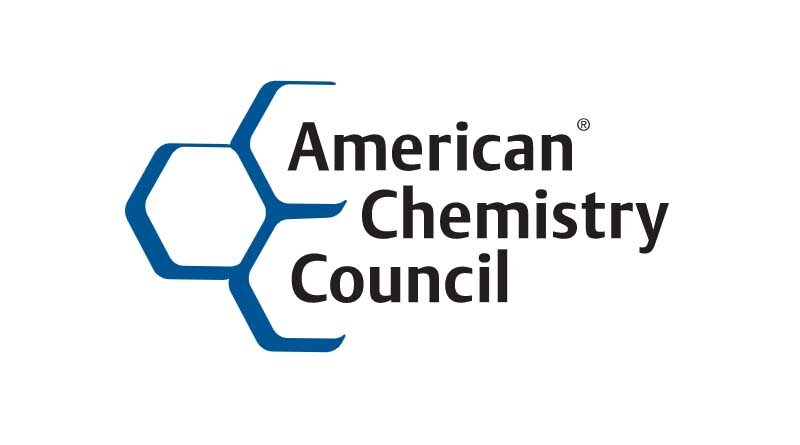US Chemical Industry Investment Linked to Shale Gas Tops $200 Billion
17 May 2022, US: The American Chemistry Council (ACC) today announced that U.S. chemical industry investment linked to plentiful and affordable domestic supplies of natural gas and natural gas liquids (NGLs) has topped $200 billion. ACC recognized this historic milestone by reemphasizing the benefits of natural gas to the U.S. economy and the ways in which it supports the energy transition and a lower-emissions future.
“Chemical makers are transforming domestic natural gas into a stronger economy and new jobs,” said ACC President and CEO Chris Jahn. “Thanks to this versatile resource, American chemistry has experienced more than a decade of growth. Our new investment boosts employment, payrolls, and tax revenue in local communities and nationwide.”
Also Read: Bayer celebrates 30 years of water use efficiency gains in Australian cotton
“Natural gas has an important role in the energy transition and efforts to address climate change,” Jahn continued. “It is and will remain a key energy source as our nation strives to deploy renewable energy infrastructure, enhance grid reliability, and develop and adopt innovative lower-emissions technologies in manufacturing and beyond.”
U.S. chemical manufacturing uses natural gas for heat and power and as its main source of feedstock. Access to industrial-scale supplies is crucial to the industry’s competitiveness globally, as natural gas provides much of the energy used to run complex chemical operations. Today, natural gas is often the only adequate source of the heat energy available for cracking and other heat-intensive chemical processes.
ACC members are reducing GHG emissions intensity in manufacturing and operations. Many of those gains have come from transitioning from coal and coke to lower-carbon natural gas fuels. Meanwhile, chemistry and plastics-based solutions and technologies are being used in carbon capture and use (CCU), renewable energy sources such as solar and wind, battery storage, electric and high-efficiency vehicles, energy-saving building materials, and other applications that help reduce emissions.
“Policymakers can help ensure that our nation fully realizes the environmental and economic benefits of natural gas,” Jahn concluded. “Reforming the regulatory permitting process for energy and manufacturing projects needs to be a priority.” Chemistry companies seeking to build or expand facilities in the U.S. face a labyrinth of regulatory permitting requirements at the federal, state, and local levels. Energy infrastructure projects face similar challenges.
ACC has urged the Federal Energy Regulatory Commission (FERC) to reconsider draft policies that would discourage investments in expanded natural gas infrastructure that will be needed to maintain U.S. industrial production capacity and grow clean energy deployment.
The Administration’s recent announcement to Accelerate and Deliver Infrastructure Projects on Time, on Task, and on Budget is an encouraging step — if backed by actionable policies for the full range of energy infrastructure, including natural gas, renewables, and support for an ‘all of the above’ national energy strategy.
ACC keeps a running tally of announced U.S. chemical industry projects linked to shale gas. Since 2010, the chemical industry has invested $109 billion in new and expanded facilities in the United States. These 235 projects are completed and operating. Another 44 projects cumulatively valued at $31 billion are under construction, while 72 projects worth $68 billion are in the planning phase. Total investment is $208 billion across 351 projects.















